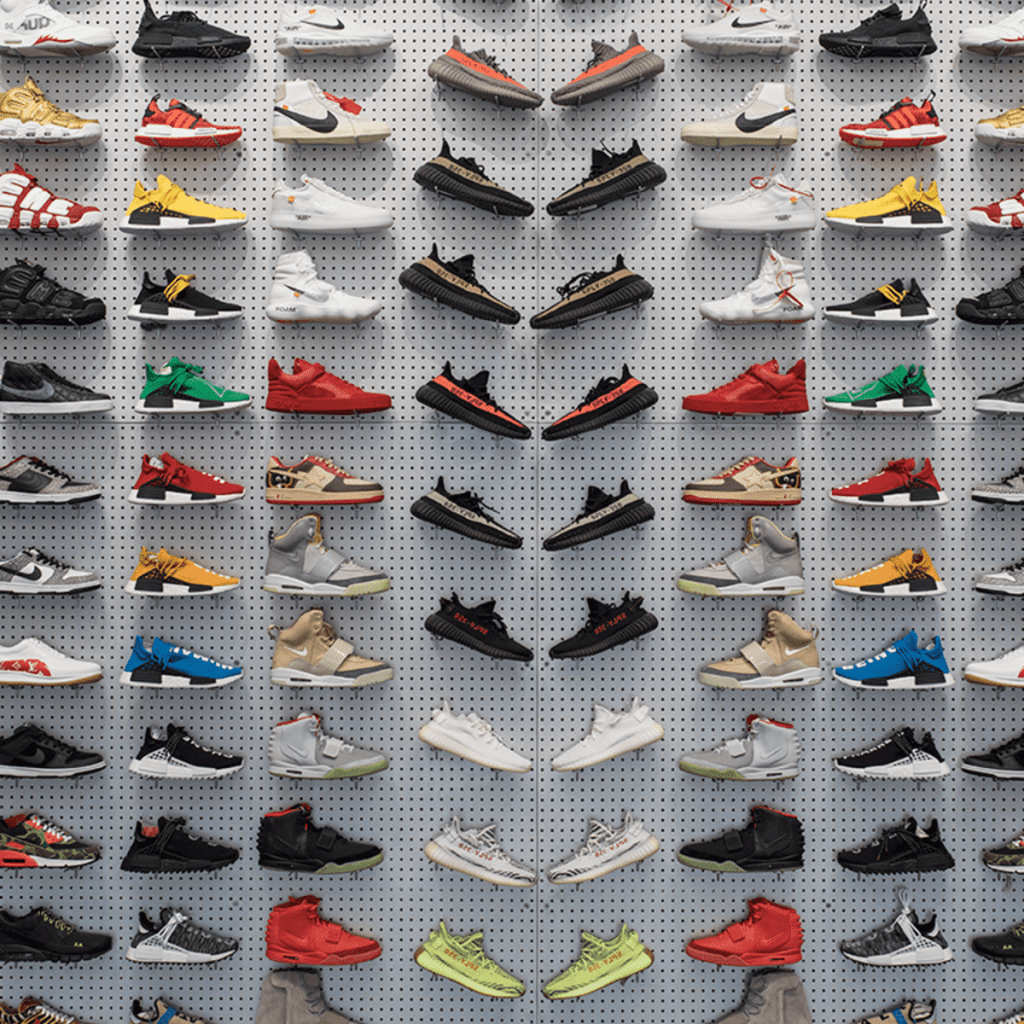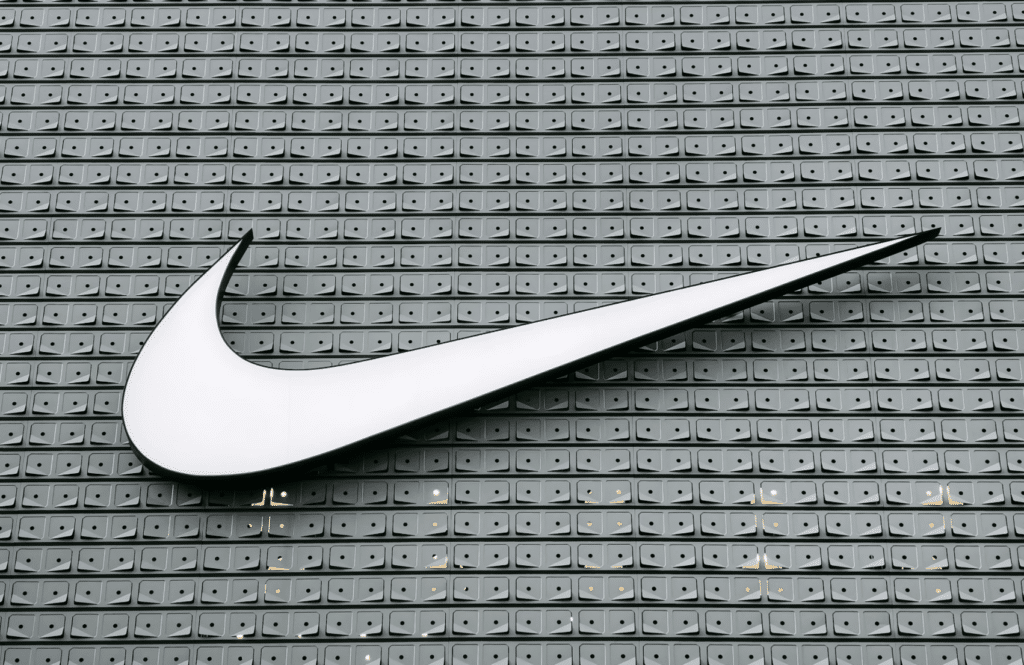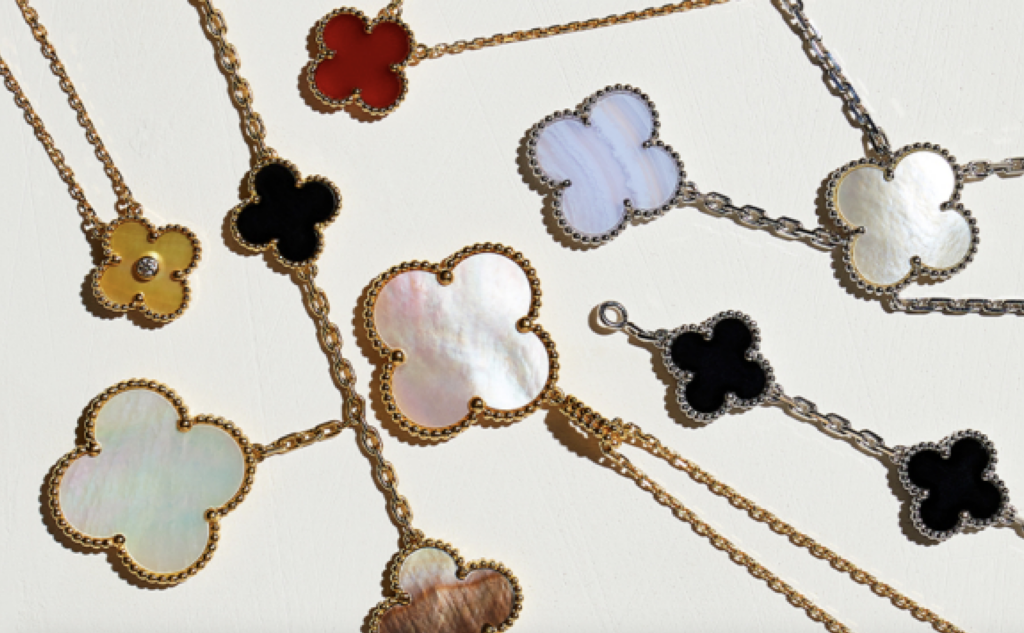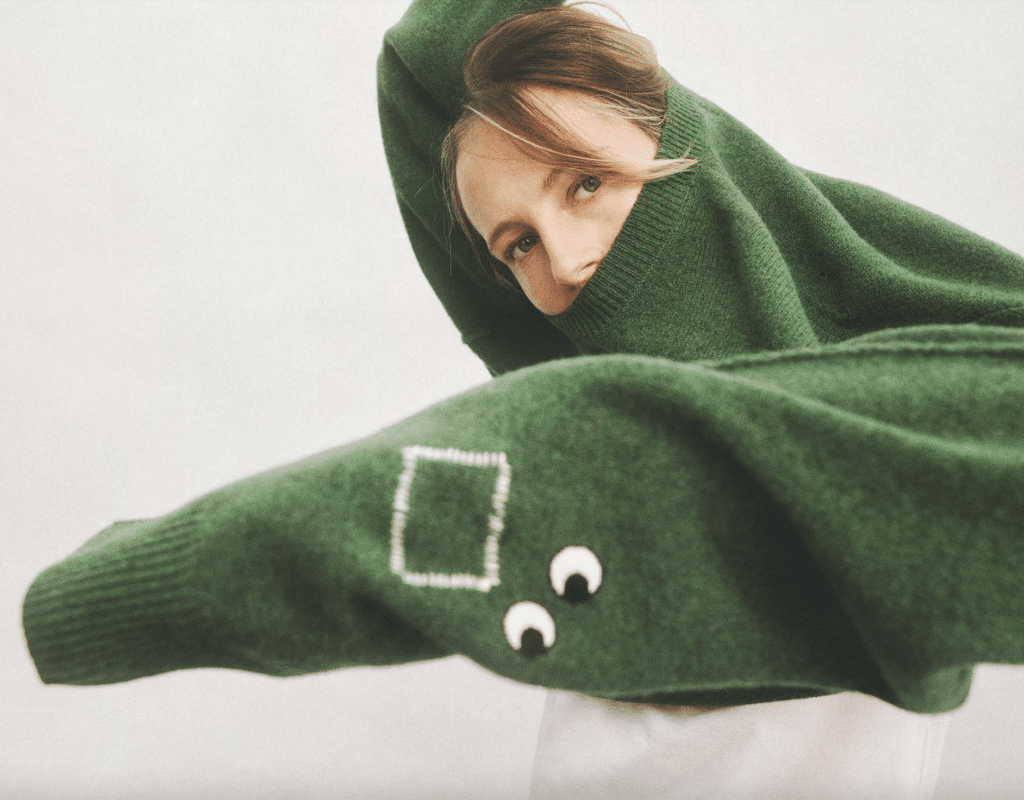London-based brand Goat Fashion has beaten out Goat Group in the latest round of the high-stakes legal battle that has pitted the like-named parties against one another amid Goat Group’s meteoric rise from niche sneaker app to $1.75 billion footwear and apparel empire. On the heels of filing suit against Goat Group’s corporate entity, 1661, Inc., in December 2019 on trademark infringement and breach of contract grounds, Goat Fashion has been awarded a preliminary injunction, with a New York federal court ordering 1661, Inc. to stop using the GOAT mark in connection with its sale of apparel and certain accessories for the duration of the litigation.
In a decision dated September 28, Judge Paul Engelmayer of the U.S. District Court for the Southern District of New York considered Goat Fashion’s motion for a preliminary injunction, holding that Goat Fashion clearly showed that it is likely to suffer “irreparable harm” if 1661, Inc. is permitted to continue selling apparel on its buzzy resale marketplace due to the similarity of the two brands’ names and in light of a behind-the-scenes agreement between the parties to peacefully coexist in the market, which ultimately broke down and prompted Goat Fashion to file suit against 1661, Inc.
“Here, Goat Fashion contends that actual consumer confusion will lead to irreparable reputational harm,” Judge Engelmayer stated in his 34-page decision, noting that the nearly 20-year old Goat Fashion – which has consistently used its “Goat” mark in the U.S. since 2003 and has “spent a substantial amount of time, money, and resources advertising its apparel under” that name – provides an array of “examples of confusion relating to both 1661’s sneakers and apparel” offerings.
“With respect to sneakers, Goat Fashion represents that ‘Yeezy’” – the name of a collection of sneakers produced by adidas and Kanye West – “is the most popular search term on its website,” despite the fact that the British fashion brand does not sell athletic footwear. Additionally, “As of March 10, 2020, there were also searches for ‘Nike Jordan 1,’ ‘Jordan 1,’ and ‘Nike,’ each of which refer to products sold by 1661, not Goat Fashion.” These searches “strongly suggest that consumers are inclined to confuse Goat Fashion’s and 1661’s [e-commerce] platforms,” the judge asserts.
Such confusion is not limited to sneakers, though, according to Goat Fashion. The court notes that the fashion brand – which stocks its upscale womenswear with retailers like MatchesFashion and Farfetch, as well as its own e-commerce site and London flagship – “has also adduced evidence of confusion relating to apparel.” For instance, “Goat Fashion’s website has recently received searches for ‘Supreme shirt,’ ‘Gucci belt,’ and ‘hoodie,’ each of which is an item of apparel or an apparel-related accessory sold by 1661.”
Judge Engelmayer states that this evidence “adequately supports Goat Fashion’s claim that it is at risk of reputational harm [if] 1661 is permitted, in contravention of [a co-existence agreement the parties entered into in April 2017], to sell apparel using the GOAT mark.”
As it turns out, Goat Fashion and 1661, Inc. have a bit of a history. In 2017, 1661, Inc. received pushback from the U.S. Patent and Trademark Office (“USPTO”) when it filed a trademark application for registration for “GOAT” for use in connection with its sneaker marketplace (class 35). The issue, according to the USPTO? Goat Fashion already had registrations of its own for “GOAT” (in classes 25 and 35) that are a bit too similar to the mark that 1661, Inc. aimed to register. In exchange for Goat Fashion’s consent (which ultimately enabled it to register its mark in connection with certain goods/services in class 35), 1661, Inc. formally agreed that it would “limit its use of its GOAT mark [within that class] to services in connection with its online marketplace … ‘athletic and sporting footwear,’ i.e., sneakers.”
As documented in the same agreement, which was signed in April 2017, Goat Fashion would “continue to use its GOAT mark for goods and services related to clothing.”
The parties’ peaceful relationship did not last long, and in fact, broke down in July 2019 when Goat Fashion claims that it refused to consent to 1661’s request to use the GOAT mark on clothing in addition to athletic and sporting footwear. As Goat Fashion alleged in its complaint, “Rather than negotiating a license agreement,” which Goat Fashion says that it offered, 1661, Inc. opted to “willfully disregard [its] trademark rights and … the 2017 consent agreement,” and in October 2019, began selling its own GOAT branded clothes through its mobile app anyway.
In his decision this week, Judge Engelmayer asserted that consumer confusion between Goat Fashion’s apparel and the Goat-branded clothing sold by 1661, Inc. “is likely to injure Goat Fashion’s reputation, goodwill, and sales, in a such a way that may be difficult or impossible later to quantify or rectify.” As a result, a preliminary injunction is appropriate on trademark infringement grounds even if it is “an extraordinary remedy that should not be granted as a routine matter.”
As for the parties’ consent agreement, Goat Fashion claims that 1661, Inc. breached the legally-binding deal when it expanded beyond its sneaker-specific marketplace model and began offering up clothing under its own name on its e-commerce site. The court notes that “1661 defends [itself] on the ground that it does not offer ‘online retail store services featuring clothing’ because it merely ‘facilitates the sale by others of third party branded products by authenticating those products before they are sent to buyers’ and thus, has not breached [the agreement].” Taking a page from Amazon’s book, the company argues that it merely “operat[es] as a ‘middleman’ between buyers and sellers” and that it “does not itself manufacture or sell the products” on its platform.”
The court found these argument to be “factually dubious,” stating that “as Goat Fashion has demonstrated, 1661 does not limit its use of the GOAT mark to the authentication of apparel goods or the facilitation of third-party sales,” and instead, uses the GOAT mark on its e-commerce platform, on its product packaging, and in connection with the actual sales documentation and customer service associated with its site. “These activities are typically conducted by and associated with an online retailer or marketplace,” according to the court, which found that Goat Fashion established a likelihood of success on its breach of contract claim.
For the foregoing reasons, among others, the court granted Goat Fashion’s motion for a preliminary injunction, thereby, barring 1661, Inc. from using the GOAT mark in connection with apparel for the duration of the case.
The decision of the court is preliminary in nature, but is striking, nonetheless, as it comes just a matter of days after it was revealed that Goat Group had raised $200 million in funding in order to “further its expansion into new apparel and product categories, as well as its efforts to work with more brands to sell their products directly on its platform,” the Wall Street Journal reported on September 23. If Goat Fashion ultimately prevails, the outcome very well could force 10-year old Goat Group back to the drawing board in terms of the branding for its apparel and accessories venture.
In a statement on Wednesday, a spokesman for Goat Group told TFL, “The court’s ruling from September 28 is preliminary, and does not reflect a final adjudication of the case. While we are in the process of complying with the order and we typically do not comment on ongoing litigation, we will continue to aggressively defend against the allegations made in this case until this matter is resolved.”
“Importantly,” the spokesman continue, “the court’s ruling does not relate to GOAT’s sneaker business and is focused solely on apparel and apparel accessories. GOAT exists to inspire individuals to be their greatest, and we will continue to deliver on our brand promise with our community, business partners and brands who rely on our platform to reach our more than 30 million members.”
*The case is Goat Fashion Ltd. v. 1661, Inc., 1:19-cv-11045 (SDNY).














